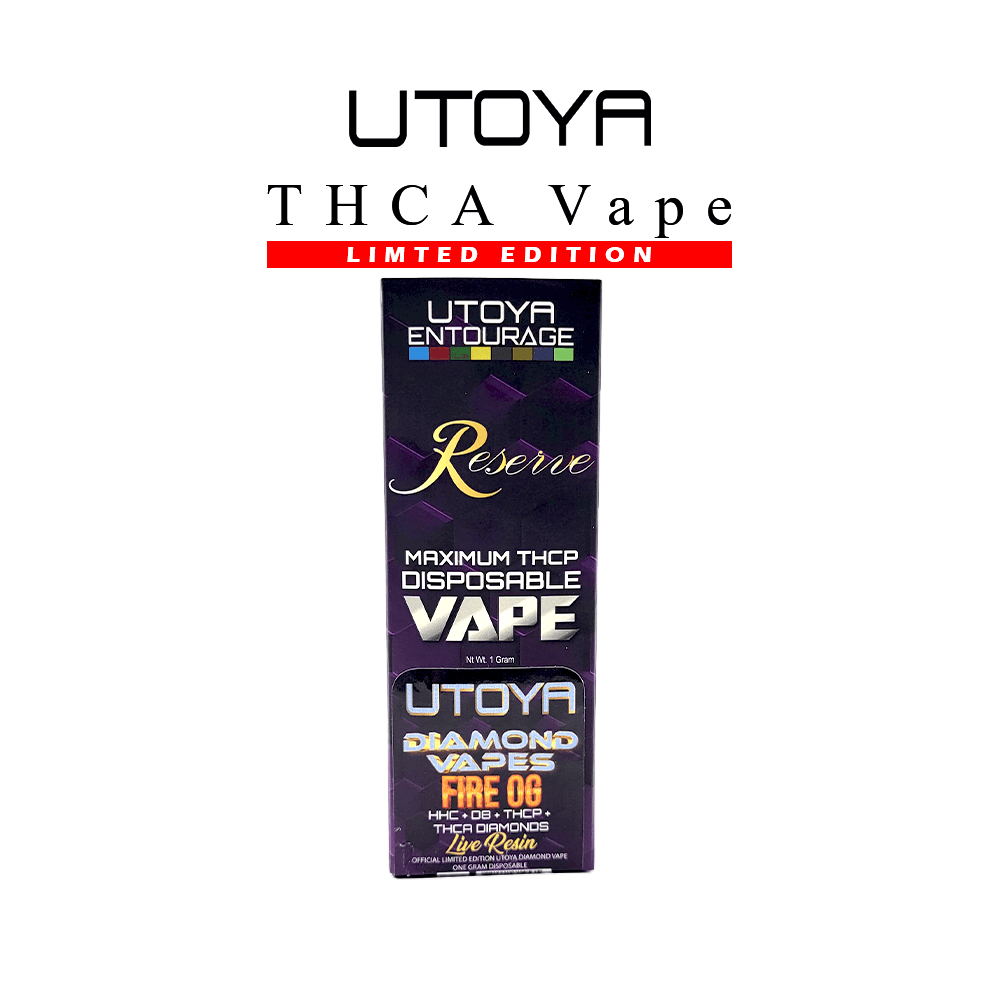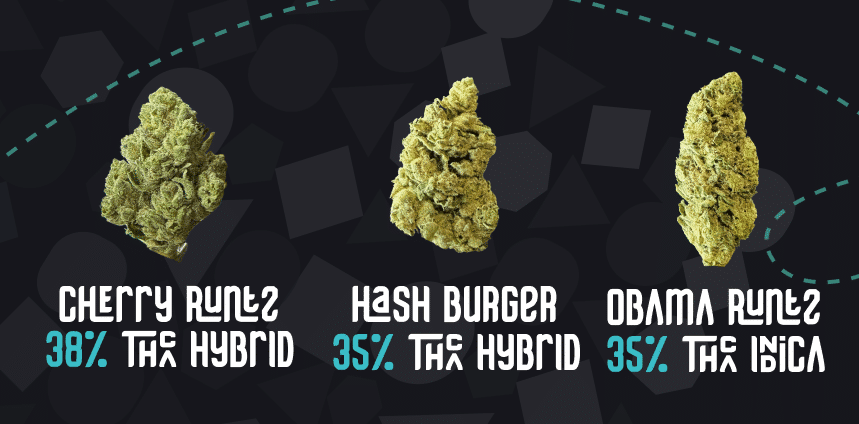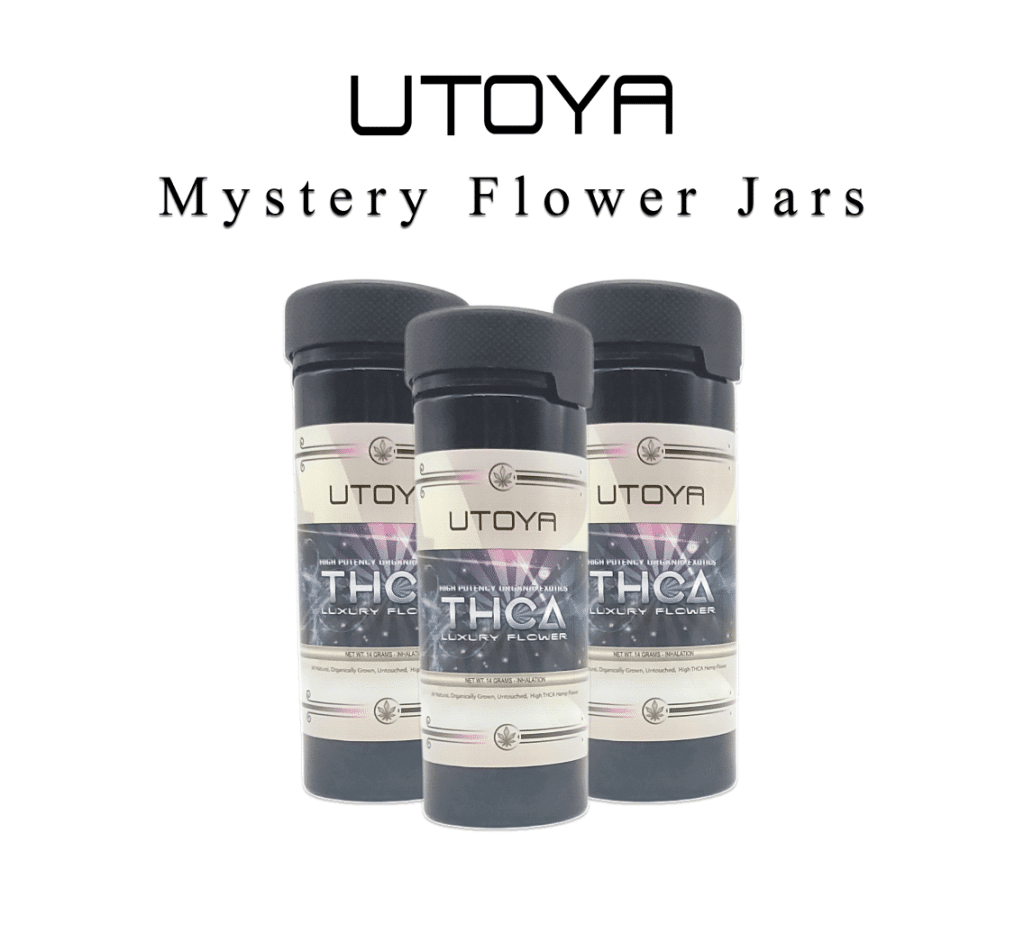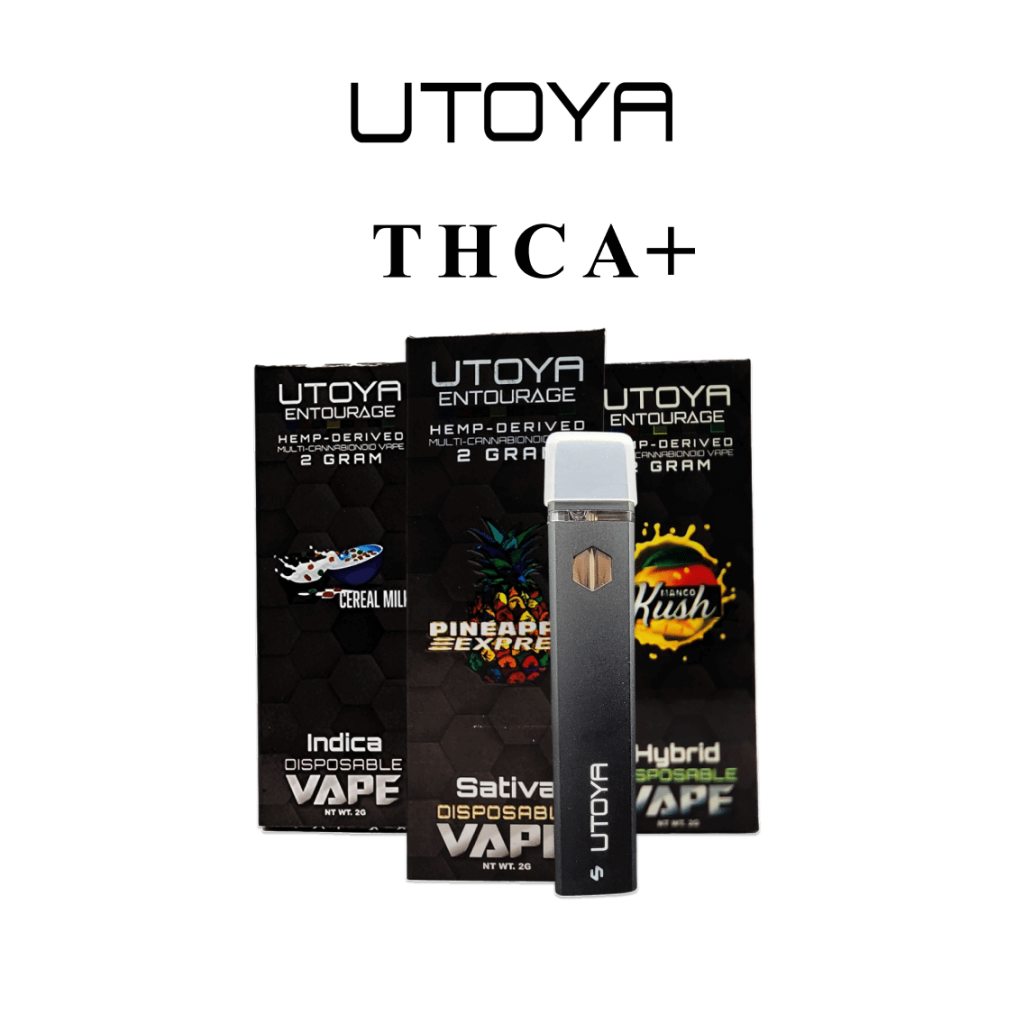Does THCA Show Up on a Drug Test?
Does THCA show up on a drug test? In 2018, hemp was removed from the definition of marijuana in the Controlled Substances Act. A hemp-derived product, such as CBD, that contains less than 0.3 percent tetrahydrocannabinol is not considered a controlled substance.
Initially, hemp was believed to be non-psychoactive, leading to more space for production, research, and consumption.
However, after the law passed, the market found new ways to make hemp resemble marijuana.
Delta-8 was the first. It has psychoactive effects, which are only found in small amounts in hemp. However, concentrated Delta-8 can be added to gummies and sprayed onto hemp flowers.
Delta-8 has not been evaluated or approved by the FDA for safe use. The FDA has issued warning letters to companies, advising against marketing it as medicine. Delta-8 users can also test positive for drugs.
THCa was introduced to the market last year. The product can be marketed as non-psychoactive, but its effects change once it is burned.

What Is THCa?
THCa stands for tetrahydrocannabinol acetate. It is a nonpsychoactive cannabinoid found in raw hemp and cannabis plants. Marijuana flowers have a relatively high concentration of THCa and low THC content, creating a legal gray area. THCa can be converted to THC by heat, such as when smoking, cooking, dabbing, or vaping weed.
Buying a joint in Colorado is similar to buying a THCa joint in marijuana-restrictive states like Texas, Tennessee, Wisconsin, Alabama, and Nebraska.
Some states only allow THCa purchases from licensed dispensaries. While technically non-THC, other states consider it hemp. States like Louisiana have already banned smokable cannabis. Some consumers may not realize this and think they can smoke THCa without issues. However, they may test positive for drugs if their employers conduct drug tests. Why?
How Drug Tests Look for Non-psychoactive THC in Hemp Products
THCa is not typically tested for in most drug tests, which mainly focus on THC and its metabolites. In its raw form, THCa that hasn’t been heated is non-psychoactive and won’t cause a high. When you heat THCa through cooking, smoking, or vaping, it turns into THC, resulting in a positive drug screen.
Your body converts the THC in THCa into THC metabolites, triggering a positive THC test. In California, employers can only test employees for recent marijuana use. If you’re in a federally controlled position, like a trucker, consuming any marijuana-related products could risk your job.
State laws might not protect you as well, so understanding your company’s drug testing policy is crucial to avoid negative consequences.
For How Long Can THC Metabolite Be Detected in a Drug Test?
Urine Drug Test
Urine drug tests are the most common method of drug testing. THCA can show up on a urine drug test it can detect cannabis use up to 30 days after the last use. Here’s how long cannabis can be detected in urine based on usage:
- Single use: 3 days
- Moderate use (four times per week): 5 to 7 days
- Chronic use (daily use): 10 to 14 days
- Chronic heavy use (more than 30 days)
Oral Drug Test
Oral testing, like blood testing, measures recent drug use by testing for the “parent compound.” Unlike urine testing, which detects smaller metabolites that take longer to pass through the body, oral drug tests can detect THC up to 72 hours after use in saliva.
Hair Drug Test
THCA can show up on a drug test in hair follicle tests for up to 90 days after the drug has been consumed. These tests are effective because cannabinoids reach the hair follicles and are stored there via blood vessels after cannabis use.
Different Types of Drug Tests and Their Sensitivity to THCA
Different types of drug tests are sensitive to different substances including THCA.
Here are some common drug test methods that show their general sensitivity for THCA.
Urine Drug Test
- The most common drug testing method used by employers and other organizations is urine drug tests. It’s inexpensive, non-invasive, and relatively accurate.
- The standard urine test is designed to detect THC-COOH (the metabolite of THC) rather than THCA.
- THCA doesn’t typically dominate urine drug testing, but it can be a useful way to detect THC metabolites.
Blood Test
- Blood tests may be used for DUI investigations but are not as common as routine drug testing.
- Blood tests are more likely than urine tests to detect recent cannabis usage.
- Blood tests are similar to urine tests in that they focus primarily on THC and its metabolites, rather than THCA.
Saliva Test
- Due to their ease of use and non-invasive nature, saliva tests are becoming more popular.
- These tests are used to detect recent drug usage. Their sensitivity for THCA is similar to blood tests.
- The detection window of THC and its metabolic products in saliva is usually short. It can be as little as a day to several days after use.
Hair Testing
- Hair tests may be less common, but they can provide a wider detection window.
- Hair tests can detect THC, its metabolites, and THCA in hair samples.
- Hair tests may be sensitive to THCA, but their accuracy is not known. Further research will need to be done to confirm that they are accurate in detecting THCA usage.
Breath Test
This breath test can detect Delta 9 THC metabolites after short-term use, but not alcohol. It detects Delta 9 THC after a short period of use instead of alcohol. This test is especially useful for drivers who have consumed cannabis before driving.
The 'Cannalyzer' Test
The ‘cannalyzer,’ which only tests for THC metabolites, will not cause false positives for THC in people who are using CBD. This is because the device is based on a breathalyzer for alcohol. The exhaled breath test for recent THC usage is based on a small period of time to detect Delta 9 THC metabolites within an impairment window of about 3 hours.
Limitations of Blood Testing
Blood testing is the gold standard in cases of suspected cannabis impairment. However, this method of drug screening does not provide enough information to establish recent cannabis consumption within the 3-hour window for impairment. Blood samples are usually not taken until 1.5 to 4 hours after a traffic accident or stop. By then, THC levels may be very low or undetectable. In addition, the current testing methods only use one blood sample at a time. This will at best provide a single measurement of THC metabolite levels. Recent research has shown there is no correlation between impairments and THC levels in the blood.
Advantages of Breath Testing
The breath test for THC metabolites is a better way to detect cannabis use. Blood levels can be correlated with impaired behavior, and a more complete judgment can be made about the level of impairment.
Implementation of Cannalyzer
The cannalyzer test will detect recent THC usage within an hour of smoking. This is when impairment is at its peak. According to studies, pre-smoking marijuana outside of the 3-hour window for impairment will not result in a positive THC metabolite test. This means that there are no false positive results. A positive result from the cannalyzer means that the person has recently used cannabis through inhalation, such as smoking or vaping. They are also within the 3-hour impairment window.
Use of Cannalyzer
This cannalyzer will be implemented in states that have legalized marijuana as a quick way to detect cannabis use and impairment, and to improve safety at work and on the roads.
Explore Utoya Organics Today!
Ready to experience the natural benefits of THCA? Explore the range of premium THCA products by Utoya Organics. Crafted with care and precision, our THCA offerings are designed to provide you with the highest quality experience. Whether you’re seeking relief from discomfort or aiming to enhance your wellness routine, Utoya Organics has the perfect THCA solution for you.
Browse our selection of THCA flowers, vapes, edibles, and more, and elevate your wellness journey with Utoya Organics today!





